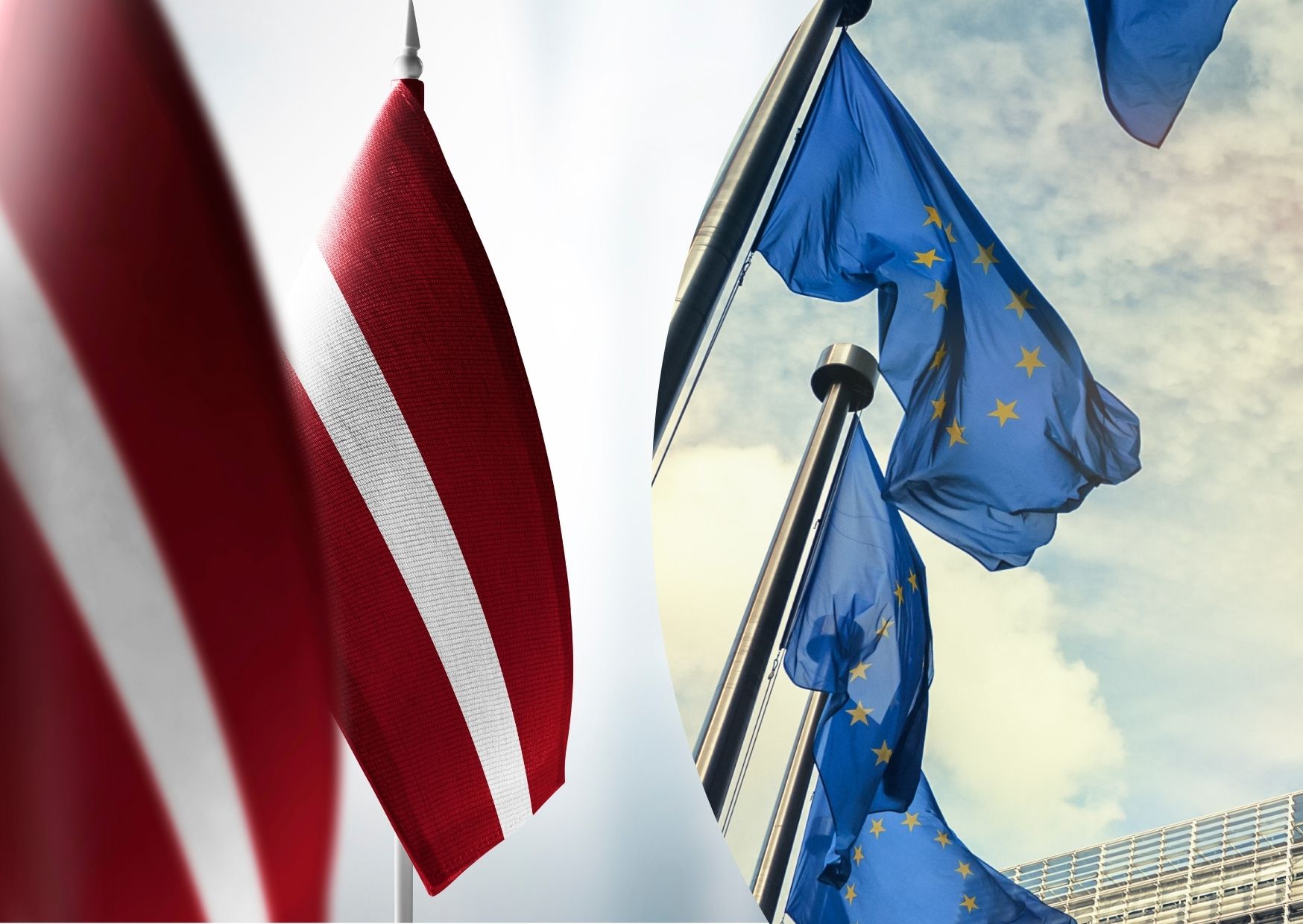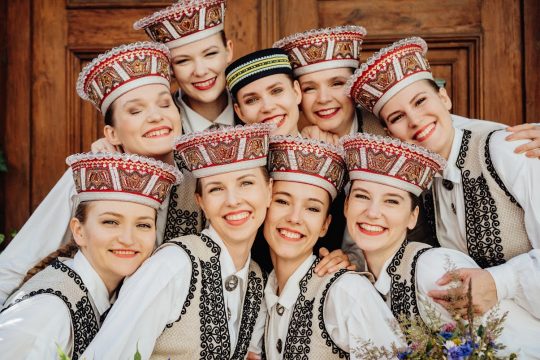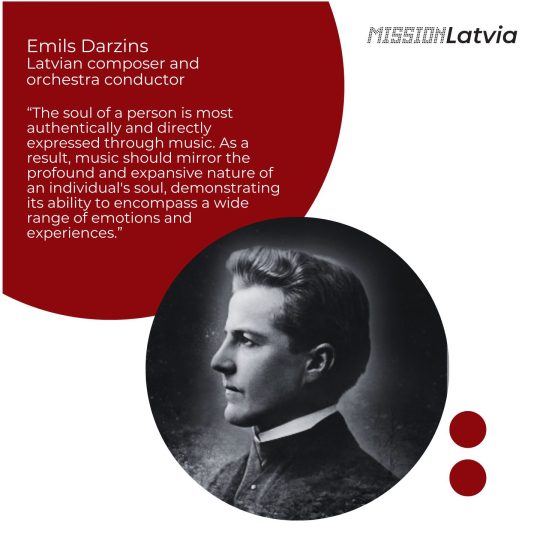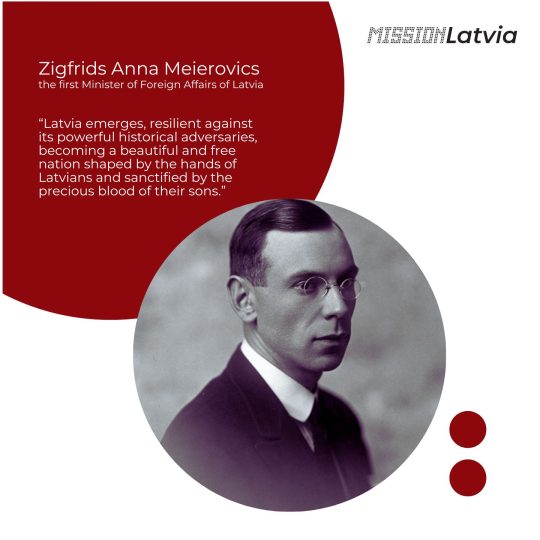Since May 1, 2004, Latvia has had the honor of being a member state of the European Union (EU). This historic event was not a coincidence, but rather the result of long-term and determined work that began in 1991 when Latvia regained its independence.
The Path to EU Membership
From the very beginning, integration into the European integration processes was set as a strategic goal of Latvia’s foreign policy. It served not only to strengthen Latvia’s independence but also to promote stability and security.
Latvia’s Journey
Latvia’s journey to the European Union was not easy, but it was a testament to the determination and capabilities of the people of our country. This integration has opened up new opportunities for Latvia’s development and prosperity, as well as strengthened our position in the international arena.
Impact
► Positive economic impact: EU membership has had a positive impact on Latvia’s economy, including increased trade, investment, and job creation.
► Benefits for citizens: Latvian citizens enjoy benefits such as the freedom to travel, work, and study in other EU member states.
► Promoting democracy: Latvia plays a role as a promoter of democracy, human rights, and the rule of law in the EU and beyond.
Continued Integration and Contribution
► In 2014, Latvia joined the Eurozone, replacing the lat with the euro as its single currency. This was another significant step in Latvia’s integration into the European single market.
► Today,Latvia is an active and responsible EU member state, making a continuous contribution to the strengthening and development of the community. Latvia also tirelessly provides support to Ukraine, both militarily and to Ukrainians seeking refuge from the war (outside of Latvia).




